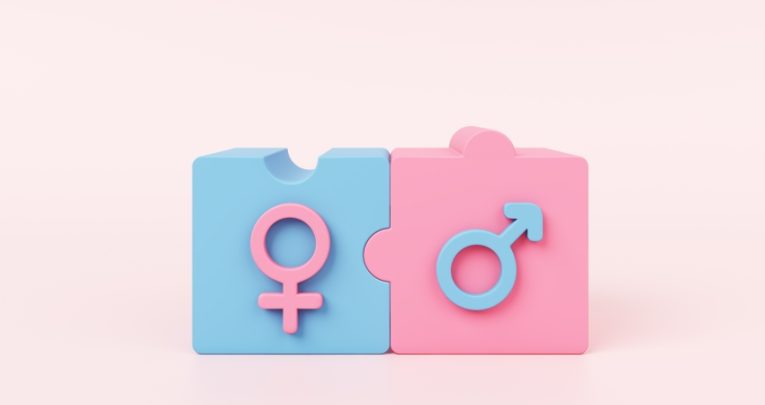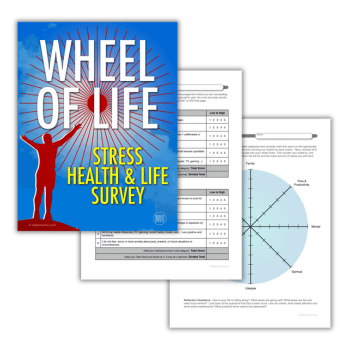RSHE – The backlash, the hysteria and the government review

A review of how RSHE is being taught may be helpful – but not if it’s intended to achieve specific policy goals before it’s even started…

When the government made relationships, sex and health education (RSHE) compulsory in 2020, most people were pleased.
Of course, there were the usual (valid) objections about schools not having enough resources, or the mandated hours being shoehorned into form time.
But it was at least an acknowledgment of how important it is that all young people have access to responsible information on relationships and sex.
In a world where more than half watch online pornography by the age of 12 (many report first seeing it as young as seven) and where misogynistic influencers like Andrew Tate enjoy terrifying popularity, we need it now more than ever.
Where delivered skilfully, it’s already working. The teenagers I encounter have started discussing concepts I wasn’t even peripherally aware of at their age. This includes consent, coercive control and gender fluidity.
Myths and misconceptions about RSHE
Progress, however, inevitably sparks backlash. In March 2023, the Conservative MP Miriam Cates asked a question during PMQs in which she claimed that ‘graphic lessons in oral sex,’ and ‘how to choke your partner safely,’ is ‘what passes for sex and relationship education in British schools’.
The government swiftly promised a review of RSHE, but it is – at least at the time of writing – still forthcoming.
The Education Secretary has, however, taken it upon herself to write to all schools twice in the interim, reminding them that parents have the right to advanced sight of RSHE lesson plans. She has also written to parents, encouraging them to remove their child from said lessons if they find them inappropriate.
At a time when both traditional and social media whip up deliberate moral hysteria around this subject, I fear that many of those parents will take her up on her offer.
“The problem is, they don’t know what they’re reviewing,” one teacher told me. “There are so many myths and misconceptions about what’s actually in the curriculum. These are put out there by pressure groups who claim to be ‘concerned’.”
Getting into trouble
Another told me they’d had to spend more than a week ‘calming everything down’ after a pupil asked a question about anal sex during an RSHE lesson. One of their peers relayed this to their parents, who then took to Facebook to complain.
Trending
This story plays into a concern I’ve repeatedly heard from school staff. How can you answer questions from students honestly, without getting yourself into trouble? After all, education is about meeting young people where they are, not where you wish they were.
“They’d had to spend more than a week ‘calming everything down’ after a pupil asked a question about anal sex”
It’s common knowledge that tabloid journalists routinely trawl Facebook looking for parental complaints. This particular saga could have easily ended with a series of pearl-clutching headlines about how the school was ‘encouraging children to practice sodomy’, or something equally ludicrous.
Moral panic
“Of course, this is all ultimately about the trans thing,” one head of year told me. She was concerned that she’ll now have to reorganise her meticulously planned roster of lessons once the results of the review are eventually published.
In recent years there have been relentless attacks in both media and politics on trans people. The Daily Mail’s website alone has published some 1,600 overwhelmingly negative and sensationalist articles focusing on ‘gender ideology’ since December 2021.
This has inevitably increased hatred towards the entire LGBTQ+ community. As the 20-year anniversary of the repeal of Section 28 looms, us queer folk are finding it hard to celebrate. That’s because a Parliamentary petition to remove all mentions of queer people in school lessons has gathered almost a quarter of a million signatures. It will hence be debated this autumn.
Whether taking on ‘the trans thing’ has always been the ultimate aim is open to dispute. As I heard one teacher recently reflect, “Maybe it’s just about scaring us into not having these conversations at all and sticking to Shakespeare.”
Well, good luck to anyone trying understand Shakespeare without mentioning sex and relationships…
Natasha Devon is a writer, broadcaster and campaigner on issues relating to education and mental health; her YA novel Babushka, which explores consent, victim blaming and misogyny, is available now (UCLan Publishing, £8.99); to find out more, visit natashadevon.com











